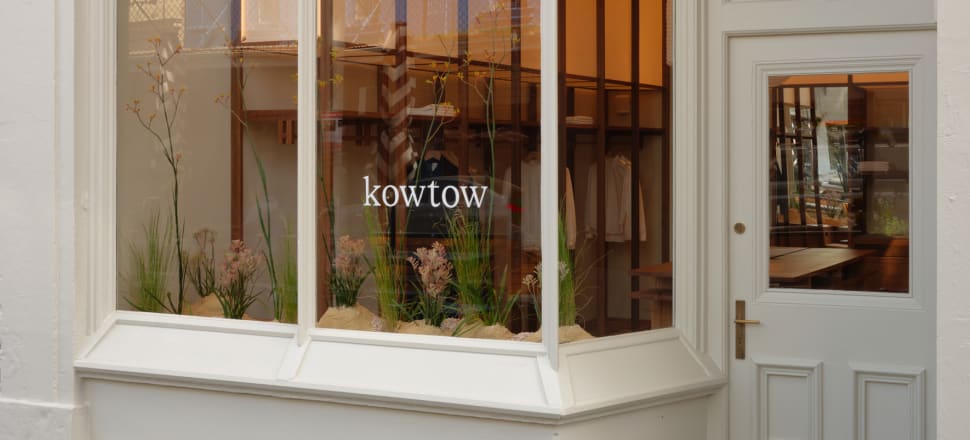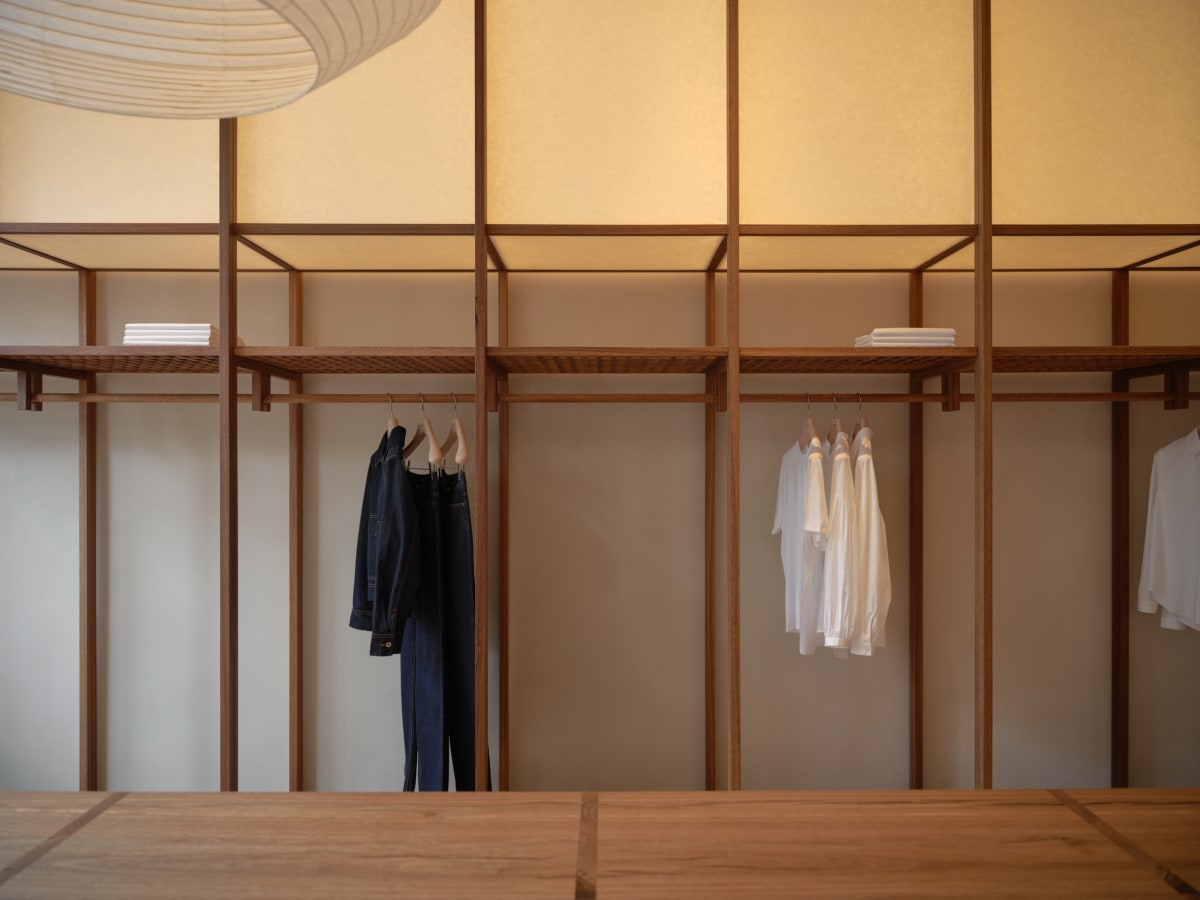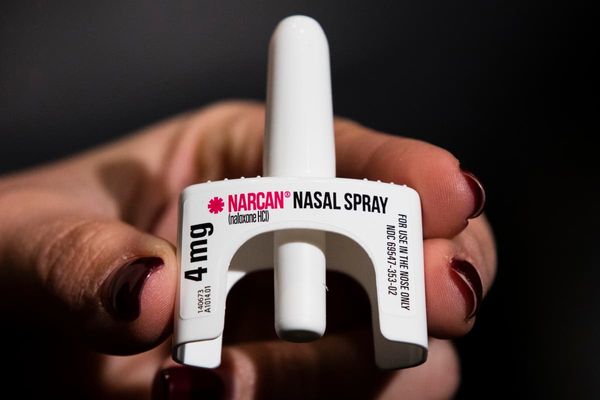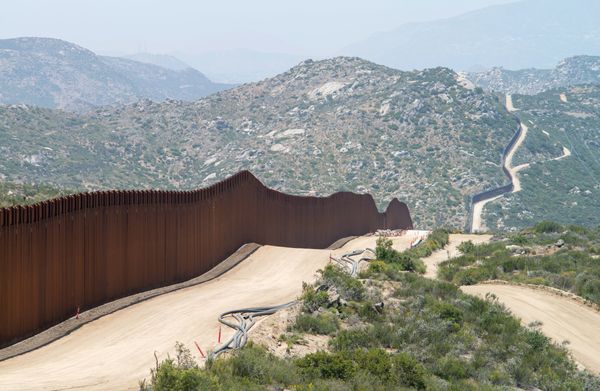
Despite the high cost of living cutting into disposable incomes, a boutique clothing company has managed to expand into Australia
After 17 years New Zealand-based ethical clothing brand Kowtow has expanded abroad, with a shop in Melbourne.
The company's drawcard is ethically sourced, 100 percent traceable materials, with a promise of free repairs on its garments.
READ MORE: * Is the ‘volume to value’ mantra true? Yes and here’s why * The tough road to becoming a B Corp
Managing director Emma Wallace said though sales had been affected because of the tough economic climate, it made the move to open anyway.
“The cost of living has impacted us as a company over the last six months quite massively. But I also think that coming out of Covid people started taking a little bit more time to research brands and find out about brands and what they were offering."
She said the decision to shop this way was not possible for everyone, but it was about providing an option.
“That’s if you have the disposable income and obviously there's a point where this is just not an issue, you're not looking at buying new clothes because you need to be looking at food and shelter.
"But people who can afford to make that decision to buy clothing, they're looking at the world of fast fashion, we're all finding out about the industry and how it's impacted on climate change and all those sorts of things. So they're going, 'well, if I can, I'd like to make a choice that’s a bit more mindful, that's doing something that's making me look great', but also doing something a bit more positive.”
Auckland University Associate Professor of Marketing Michael Lee has recently explored why people shop for ethical products.
He said previous studies had looked at the wellbeing impact of shopping ethically, but his research explored the flipside.
"We flipped that idea and asked whether people need to first feel good about themselves and their place in the world before they can engage in good consumer behaviour.
"We found that you need a certain level of energy before you can actually grab this anti-consumption idea... and we do see that customers of developed nations are way more critical when it comes to ESG [environmental, social, and governance] and all those sorts of acronyms because they're in a position where they can. It's a privileged position of being able to critique how other people do their business."
He said higher levels of wellbeing could generally be linked to "better" behaviour.
"When things start to go bad, in terms of society, things like crime and even more littering, for example, we see those sorts of things happen in places and communities where there is a diminished level of wellbeing. Places where the unemployment is higher for instance.
"Whereas if you go to a more affluent neighbourhood, where maybe people do have a higher sense of wellbeing and are less stressed you see less littering and that sort of stuff and so it could be that the level of wellbeing enables people to care a little bit more about their surroundings.
"People who are stressed about their finances, paying the rent, dealing with rising interest rates and the rising price of food will not care about where or how a pair of socks is made."
‘We hold ourselves accountable and going backwards would be, I mean, everyone would leave the company... it just wouldn't happen’ – Emma Wallace, Kowtow
He said brands that were more expensive did not necessarily find it hard to continue when the costs of living rose.
“In the previous recession, the GFC, you would think things like high-end jewellery and other luxury brands would suffer because people find it harder to make ends meet. But what actually happened was luxury brands grew over the global financial crisis because the people that are already doing well are still probably going to be doing well. They're not the ones that are losing their jobs or anything.”
Wallace said online sales from Australia were strong and before Covid-19 Kowtow had run pop-up shops in Melbourne, so the brand had a customer base that was already well established.
"Australia has been our second biggest market so it was really the natural choice for us to open in Melbourne. The fact it's a city of 5 million people is also a reason … so it's about finding some more people."
Australia is now the focus for the company despite having to slow down slightly from a previous plan to open a new shop every one or two years, because of the economic climate.
Wallace said another shop in Melbourne, one in Sydney and looking to Brisbane was on the cards as well as exploring options in the United States with stockists there more than doubling since the company took on an agent there.
The plan reads similar to New Zealand company Nature Baby, which supplies ethical and sustainable baby and childcare products and opened its flagship Australian shop in Sydney earlier this year.
Demand for ethically sourced New Zealand merino wool has also been high internationally. The New Zealand Merino Company recently told farmers they would need to give lambs pain relief when docking their tails, with pain mitigation becoming a "non-negotiable for some markets and already a requirement of other international ethical wool standards".

Lee said one aspect to watch when companies expanded, was if they dropped aspects of their brand like ethically sourced materials and sustainability, as the pressure to turn a profit became more intense.
Wallace said there was no way Kowtow would go that way.
"We live and breathe what we're doing, and that's just so ingrained in our culture now."
She gave the example of being willing to pull back when the company was branching out with clothes made from fibres other than cotton, such as swimwear made from recycled fishing nets.
"They were some of the better fibres out there definitely … but it was sort of blowing up and individuals were finding it really stressful because we're so hardcore about having to know everything [traceability] and we don't ever let it slip."
So the company decided to pull back and stick to its initial offering which was organic Fairtrade cotton, and really nail it down.
"We took it to the next level … there was elastic in our garments that was synthetic, there was a button that we used which was recycled hemp that actually had some synthetic binders to hold it together, there was interlining that was actually polyester.
"So the mission over the last couple of years is to have taken all of the plastics out of our garments, even down to replacing the thread that sews a garment together from being industry standard, which is a polyester cotton thread, to 100 percent cotton which we achieved this season."
She said that should give customers the assurance that Kowtow was committed to its ethical and sustainable ethos.
"All these decisions we've made have taken a lot of [research and development] and costs more money because they're new … but we hold ourselves accountable, and going backwards would be, I mean, everyone would leave the company – it just wouldn't happen."







